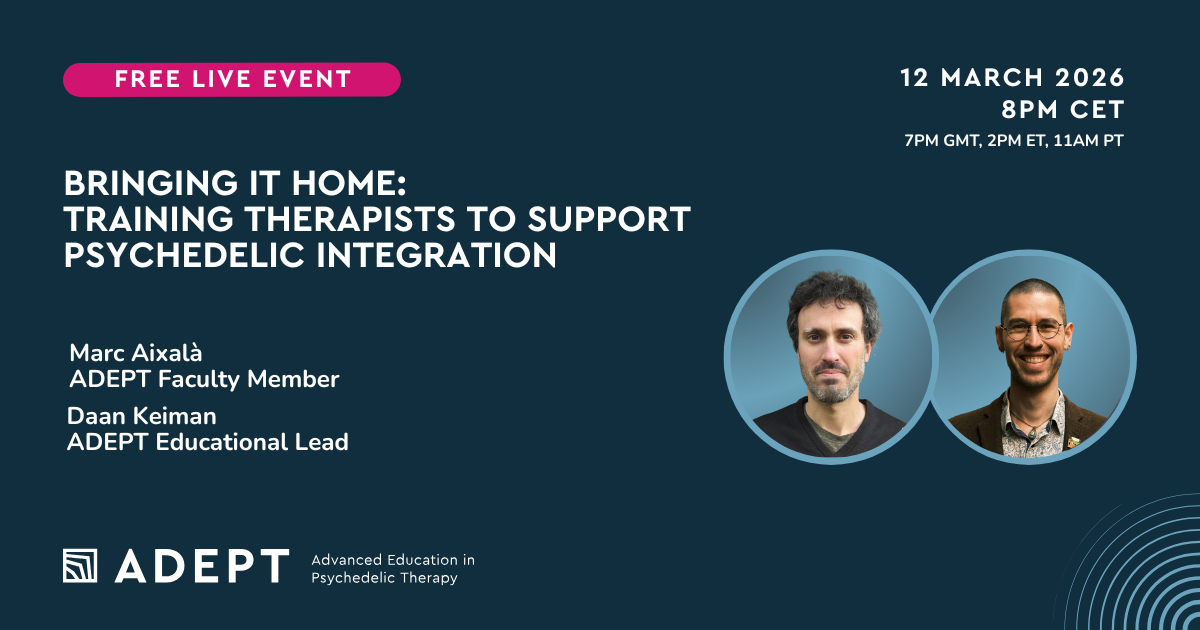Abstract
Substances known as psychedelics, hallucinogens and entheogens have been employed in ethnomedical traditions for thousands of years, but after promising uses in the 1950’s and 1960’s they were largely prohibited in medical treatment and human research starting in the 1970’s as part of the fallout from the war on drugs. Nonetheless, there are a number of studies which suggest that these substances have potential applications in the treatment of addictions. While these substances are generally classified as Schedule I, alleging no established medical uses and a high drug abuse potential, there is nonetheless evidence indicating they might be safe and effective tools for short term interventions in addictions treatment. Evidence suggests that the psychedelics have a much greater safety profile than the major addictive drugs, having extremely low levels of mortality, and producing little if any physical dependence. This paper reviews studies evaluating the use of LSD, peyote, ibogaine and ayahuasca in the treatment of dependencies and the possible mechanisms underlying the indications of effectiveness. Evidence suggests that these substances help assist recovery from drug dependency through a variety of therapeutic mechanisms, including a notable “after-glow” effect that in part reflects their action on the serotonin neurotransmitter system. Serotonin has been long recognized as central to the psychedelics’ well-known phenomenological, physical, emotional and cognitive dynamics. These serotonin-based dynamics are directly relevant to treatment of addiction because of depressed serotonin levels found in addict populations, as well as the role of serotonin as a neuromodulators affecting many other neurotransmitter systems.
Winkelman, M. (2015). Psychedelics as Medicines for Substance Abuse Rehabilitation: Evaluating Treatments with LSD, Peyote, Ibogaine and Ayahuasca. Current Drug Abuse Reviews, 7(2), 101-116. https://dx.doi.org/10.2174/1874473708666150107120011













